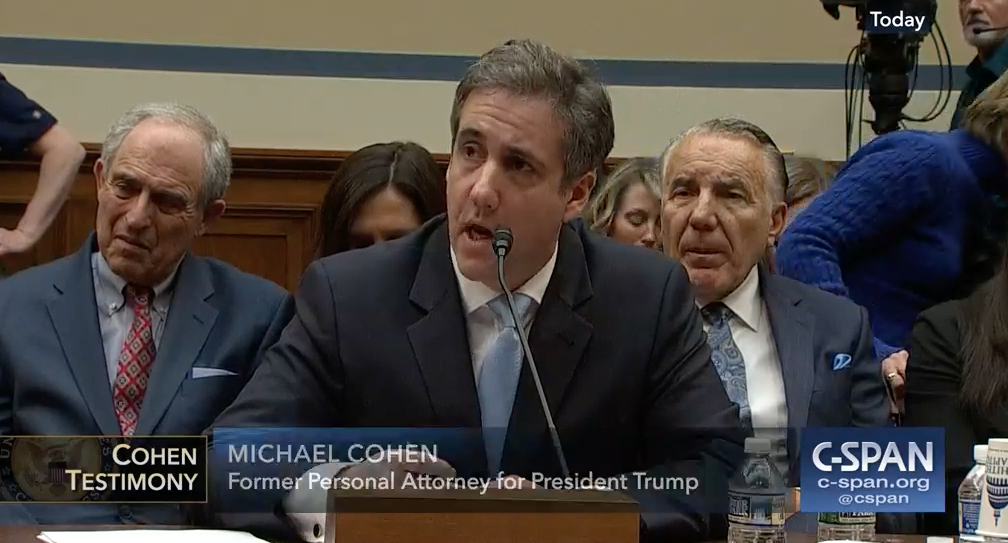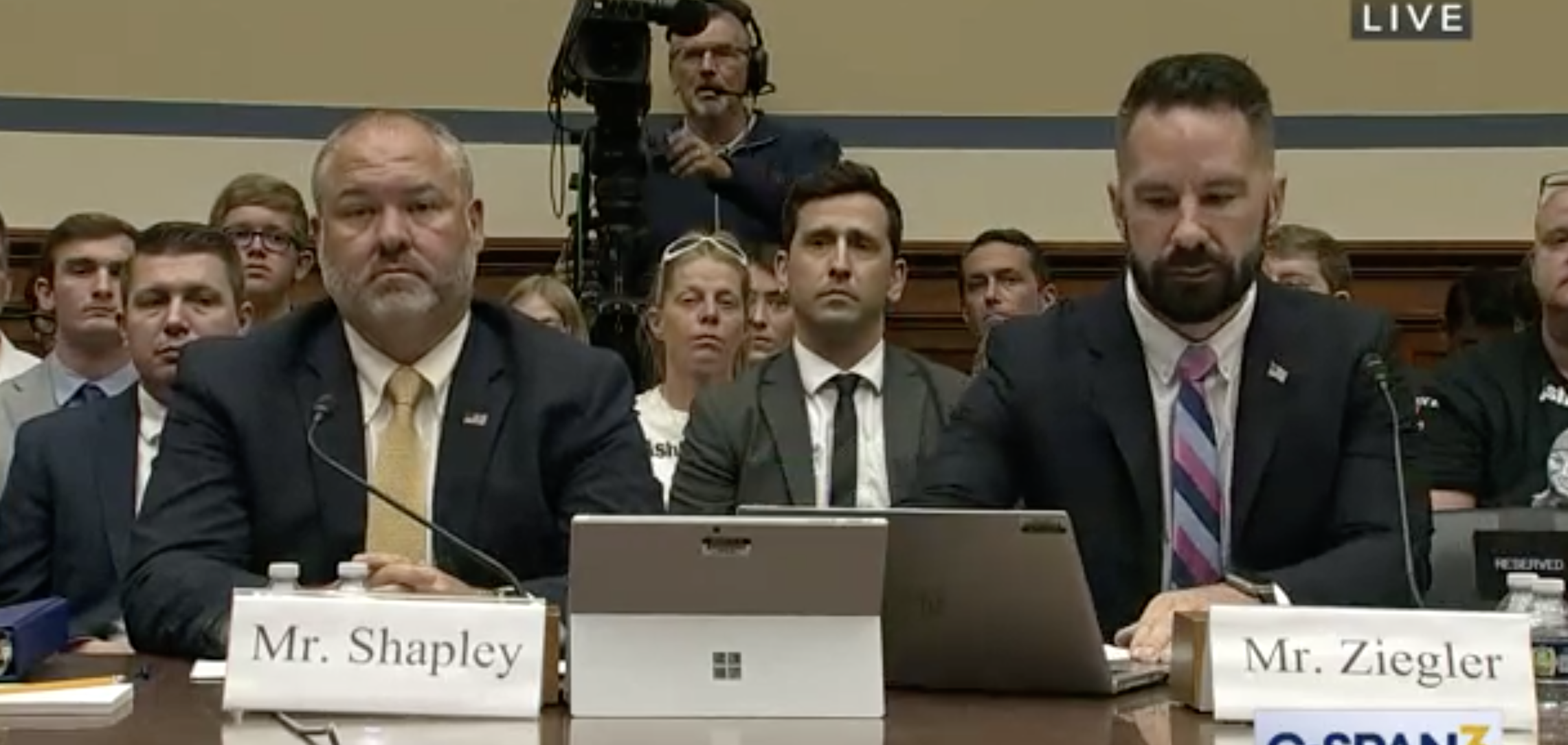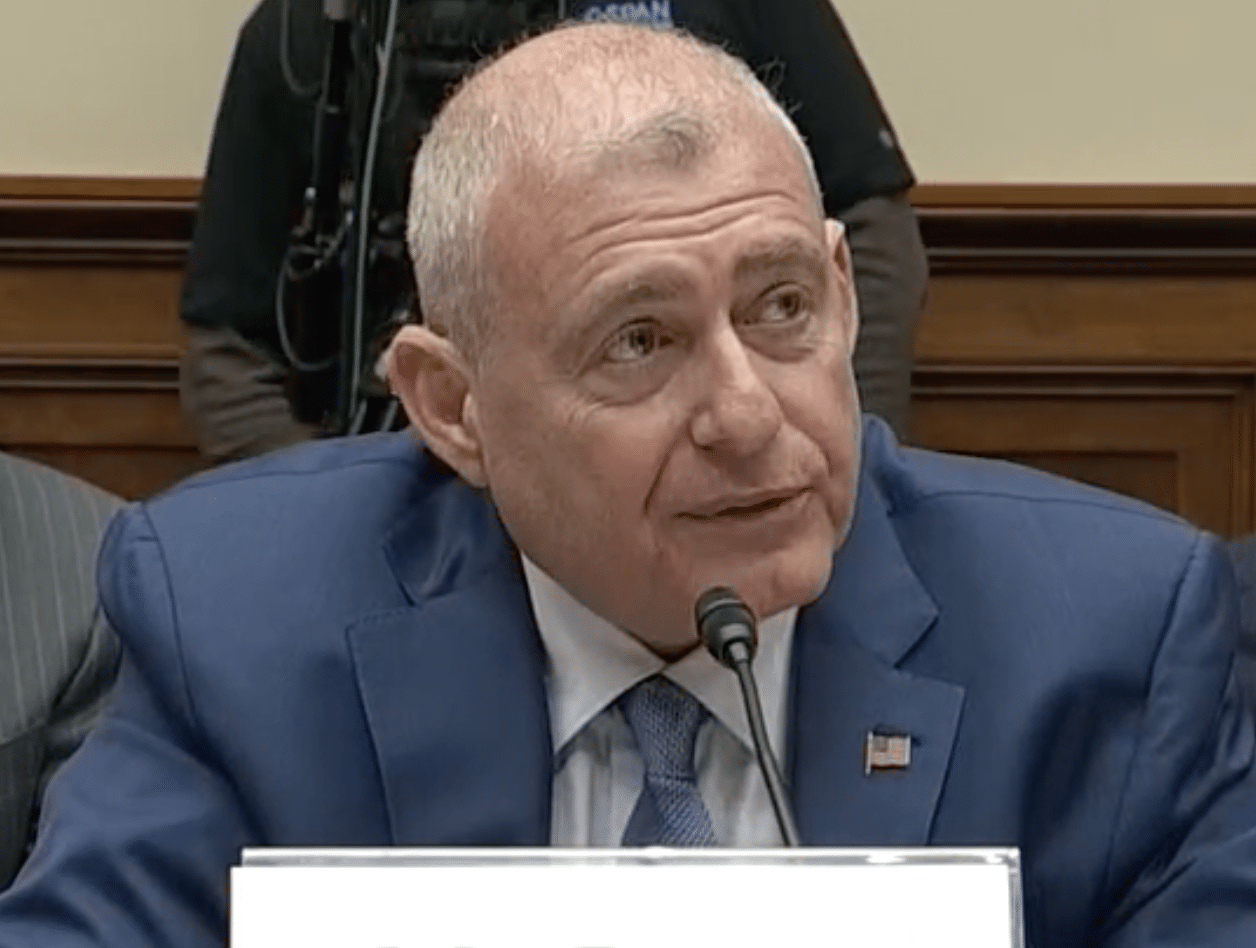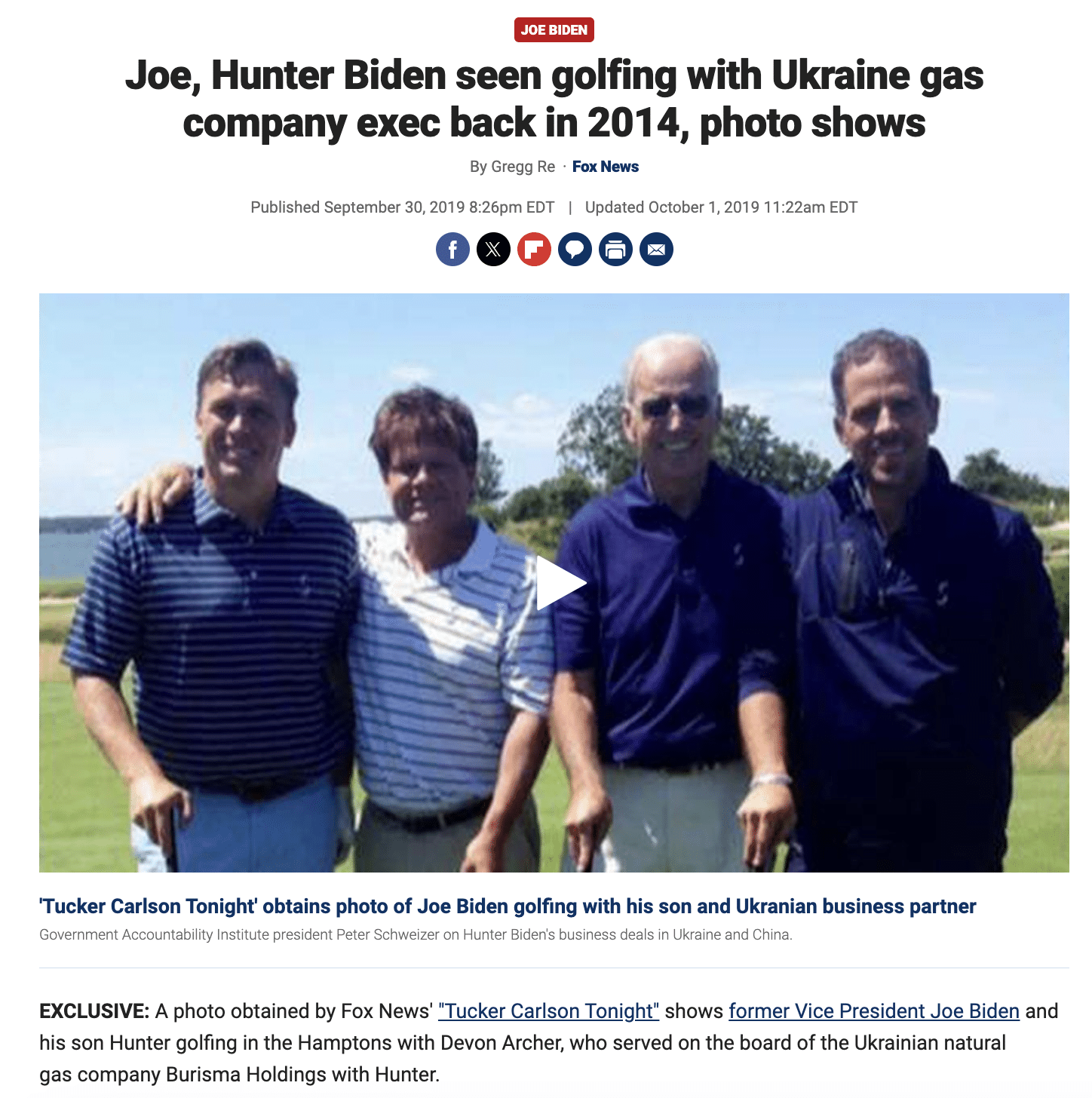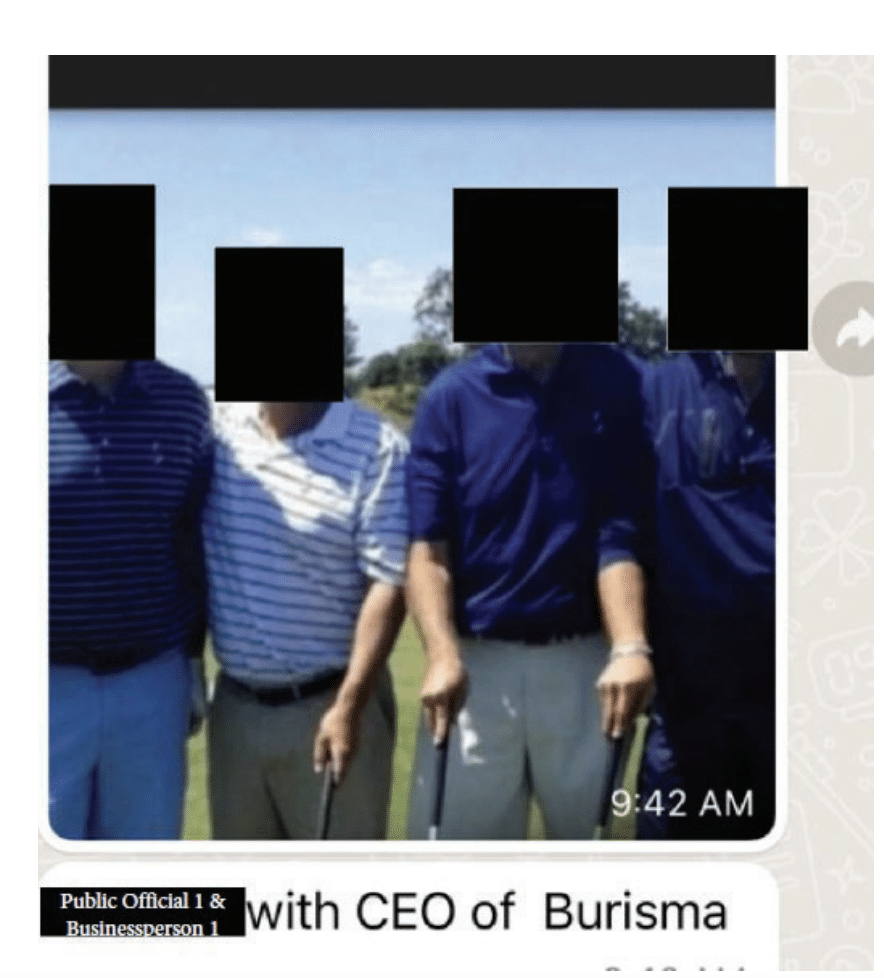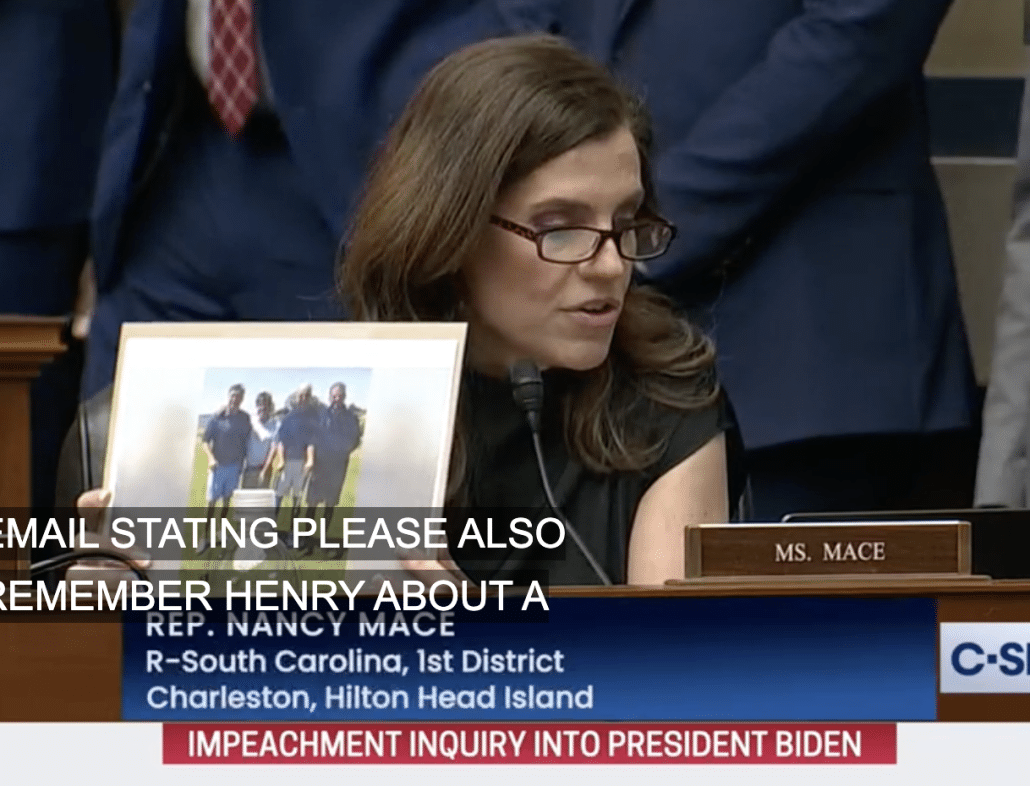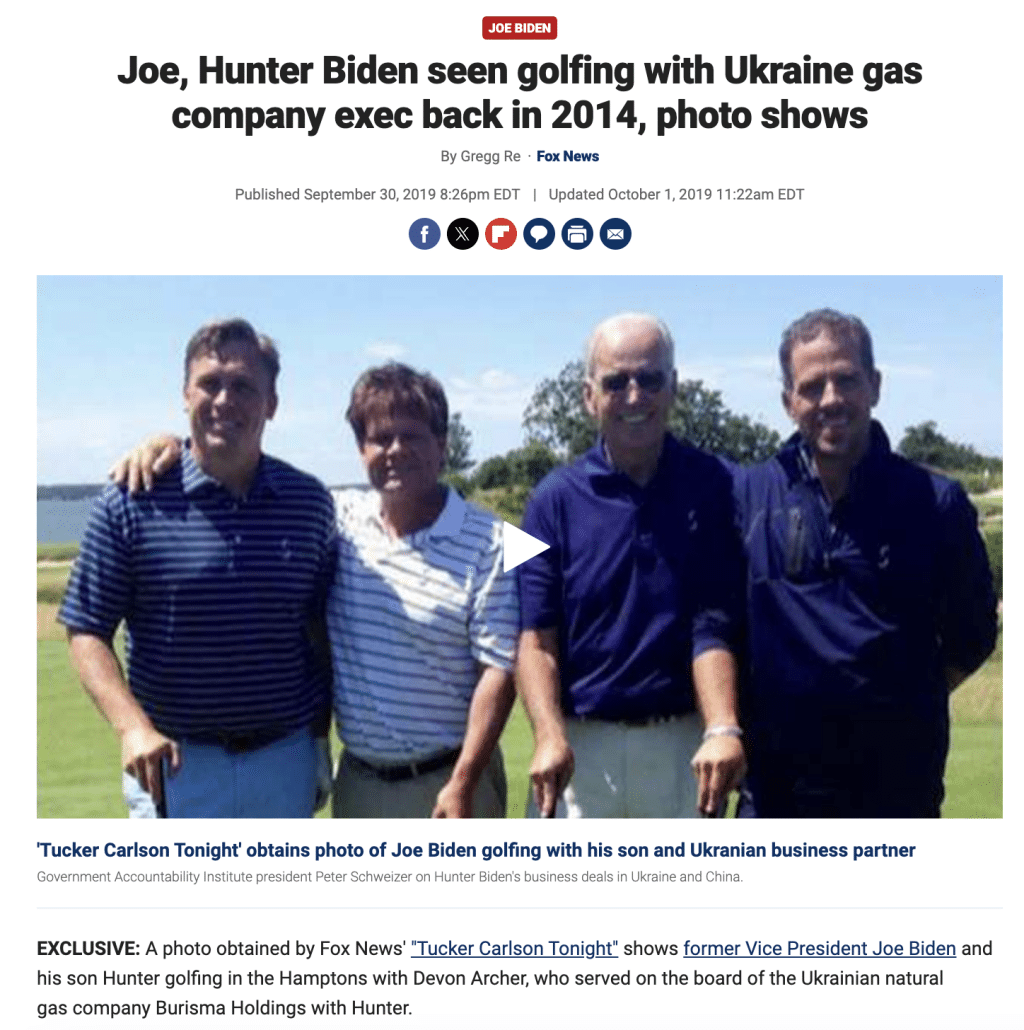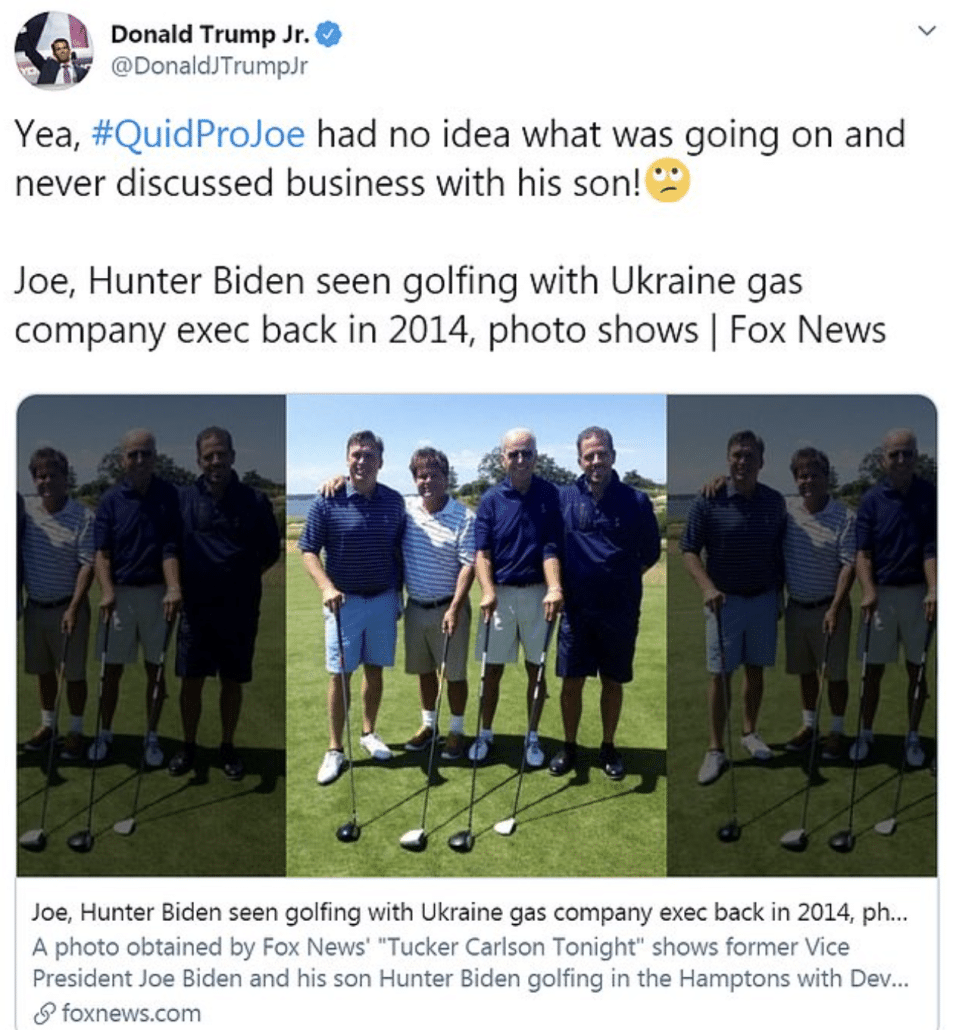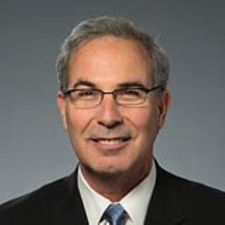Maryellen Noreika and Mark Scarsi’s Schrödinger’s Cat
David Weiss invokes Maryellen Noreika in the very first sentence of his Los Angeles — but not his Delaware — response to Hunter Biden’s immunity bid (not to mention, extrinsic evidence that, per his position that the diversion agreement was unambiguous, should be irrelevant).
The defendant has moved to dismiss the indictment returned by the grand jury in this district on the ground that a proposed diversion agreement presented to the United States District Court for the District of Delaware on July 26, 2023, which the district court rightly referred to as a “proposed agreement,” which required the approval of the Chief United States Probation Officer to enter into effect, which she expressly declined to give, see Exhibit 1, and as to which the district court in Delaware “deferred” a decision on accepting, nonetheless is in effect and confers “sweeping” immunity on the defendant in this case. [my emphasis]
The filing uses the word “proposed” 43 more times, almost all discussing either the diversion agreement or the tax plea agreement and in one case, including it in brackets within a quote of Leo Wise’s own words, effectively putting what Weiss claims Noreika said into Wise’s mouth even though Wise didn’t say it himself.
Only, Weiss misquotes what Judge Noreika said.
The word “proposed” was uttered once in the failed plea hearing, referring to both the plea and the diversion. Judge Noreika didn’t call either document a “proposed agreement;” she instead described “what is being proposed.” And before she used that word, “proposed,” she twice called the documents “agreements,” with no modifier.
THE COURT: Now, we have two cases and two agreements and I understand that the Diversion Agreement is not something that is typically before the Court, but you all did send it to me so I do want to talk about that a little bit. There are some provisions in those agreements that are not standard and are different from what I normally see, so I think we need to walk through these documents and get some understanding of what is being proposed so that I can give due consideration to the determination that you all are asking me to make. So I want to start with Criminal Action 23-274 involving the tax charges. [my emphasis]
In Weiss’ Delaware response, he only places that word in Judge Noreika’s mouth on the second page, and in full context, and only uses the word proposed 33 times. He never misquotes Noreika to Noreika.
In context in the plea hearing, Noreika was probably referring not to either document as “proposed.” She was probably referring to the way the two documents worked together and the expectations the two documents, working together, would put on her and Delaware head of Probation, Margaret Bray.
This immunity bid, along with three other motions to dismiss and a discovery motion, have now been fully briefed before Judge Noreika for 66 days. During those 66 days, both sides briefed the same issues before Judge Scarsi, he held a motions hearing, and issued a decision — a decision that would mean representations on which she made decisions last year are no longer valid.
I described the other day that Noreika appears to be frozen in uncertainty about what to do about these motions. And since Judge Scarsi issued his weird ruling on this same motion on Monday, neither side has noticed Noreika of the decision. It’s as if everyone is hunkering down waiting for Noreika to rule to see how it affects all these other moving parts.
I want to propose something about this dispute, about what is making it so difficult — for Noreika, especially — to decide. As Noreika herself noted in that passage from which David Weiss misquoted her, Judges don’t usually get involved in diversion agreements. But she did here. And in an effort to get out of that diversion agreement, Weiss has made Noreika’s intervention into the diversion agreement the subject of the dispute.
Noreika did not approve the plea on July 26 of last year for two reasons.
First, she was uncomfortable with the role she played in the diversion agreement, which all sides agreed she had no role in approving.
The immunity provision, for all crimes — gun, drug, and tax — was in the diversion agreement, not the plea agreement, but was cross-referenced in the plea agreement.
Both sides told her that she was only approving the plea, but since they had given her the diversion agreement, she inquired about how her role would work.
THE COURT: All right. Now at this point I would normally ask Mr. Biden how he pleads, but as we’ve already discussed, the Diversion Agreement is out there in a felony case, it is cross-referenced in the Memorandum of Plea Agreement. The Plea Agreement is cross-referenced in the Diversion Agreement, so before I ask him how he pleads, I need to understand — well, ask him how he pleads or decide if I can accept the Plea Agreement, I need to understand the Diversion Agreement.
So the felony gun charge here is a bit unusual, and we don’t usually make diversion agreements public. I don’t usually see a diversion agreement as the parties up here have hinted, but in fact you all did send it to me and it is referenced in the agreement that is before me in the tax case.
She objected to the way the diversion agreement included her as a finder of fact in case of a breach of the agreement.
THE COURT: All right. Thank you.
All right. Now I have reviewed the case law and I have reviewed the statute and I had understood that the decision to offer the defendant, any defendant a pretrial diversion rest squarely with the prosecutor and consistent with that, you all have told me repeatedly that’s a separate agreement, there is no place for me to sign off on it, and as I think I mentioned earlier, usually I don’t see those agreements. But you all did send it to me and as we’ve discussed, some of it seems like it could be relevant to the plea.
One provision in particular stands out to me, and that is paragraph 14. That paragraph says if the United States believes that a knowing material breach of this agreement has occurred, it may seek a determination by the United States District Judge for the District of Delaware with responsibility for the supervision of this agreement.
It then goes on to say that if I do find a breach, then the government can either give the Defendant time to remedy the breach or prosecute him for the crime that is the subject of the information or any other that falls within the language of the agreement. Do I have that understanding correct?
[snip]
THE COURT: First it got my attention because you keep telling me that I have no role, I shouldn’t be reading this thing, I shouldn’t be concerned about what’s in these provisions, but you have agreed that I will do that, but you didn’t ask me for sign off, so do you have any precedent for that?
[snip]
THE COURT: I’m concerned that that provision makes me a gatekeeper to criminal charges and puts me in the middle of a decision as to whether to bring a charge. And we already talked about separation of powers and that choice as to whether to bring charges is not — that’s the executive branch, not the judicial branch, so is this even constitutional?
MR. CLARK: I believe it is, Your Honor, because what the structure makes clear is that Your Honor is just finding facts. [my emphasis]
Importantly, all three sides — Hunter Biden’s team, David Weiss’ team, and Judge Noreika — made comments at this plea hearing that were internally inconsistent.
In Judge Noreka’s case, some of those comments pertained to whether her role was presiding over just the plea, or also the diversion agreement, which both parties to it said she had no authority to approve.
What’s funny to me is you put me right smack in the middle of the Diversion Agreement that I should have no role in, you plop meet right in there and then on the thing that I would normally have the ability to sign off on or look at in the context of a Plea Agreement, you just take it out and you say Your Honor, don’t pay any attention to that provision not to prosecute because we put it in an agreement that’s beyond your ability.
So this is what I am going to do. These agreements are not straightforward and they contain some atypical provisions. I am not criticizing you for coming up with those, I think that you have worked hard to come up with creative ways to deal with this. But I am not in a position where I can decide to accept or reject the Plea.
[snip]
THE COURT: I certainly understand what — if it’s a plea under subsection (c)(1)(B), I am not going to just agree with you as to the limits of my role. My problem is I am not — I am not sure, and I need to understand the propriety, it may very well be that it is appropriate, but as I said, it did catch my attention, you throw me in there, Judge, you’re the gatekeeper and then you take me out of the other aspects of the — you throw me into the Diversion Agreement and then you take me out of the Memorandum of Plea Agreement.
So I cannot accept the Plea Agreement today.
Even though the government did repeatedly tell her that the diversion agreement was only between the parties, they have also pointed to her docket minutes in support of their argument that the diversion had not come into effect.
The Court deferred a decision on the plea and pretrial diversion agreement.
But here’s the thing: If Noreika believes it is a separation of powers violation for Article III to be involved in a diversion agreement, then the diversion agreement should not be in that docket minute. It should, instead, say something like she was deferring a decision on the plea because of concerns about the diversion agreement.
I have argued that Judge Mark Scarsi misapplied Schrödinger’s cat paradox to his own weird decision on the diversion agreement. But one thing that happened here is that someone outside to the diversion agreement observed it with the result that the status of it changed. We are still debating on the status of that contract to which she is not a party because of her interventions.
And now Judge Noreika has been asked to rule on whether that contract that became a not contract because of her observations on it is a binding contract.
But that brings us to the other reason Noreika refused to approve the plea. Noreika didn’t accept the plea because Leo Wise told her there was an ongoing investigation.
THE COURT: Is there an ongoing investigation here?
MR. WISE: There is.
THE COURT: May I ask then why if there is we’re doing this piecemeal?
MR. WISE: Your Honor may ask, but I’m not in a position where I can say.
This, right at that moment, was a separate breach of the agreement between the parties, and deserves more attention. As I have laid out, Weiss has had five different opportunities to contest Abbe Lowell’s representation that on June 19 of last year, David Weiss’ office told Chris Clark that there was no ongoing investigation. Weiss has waived the opportunity to contest that. Leo Wise’s claim, at the hearing, was a breach of those representations.
And then, specifically referencing Wise’s affirmation that there was an ongoing investigation, Noreika asked if FARA charges could be charged and Leo Wise said they could, while Hunter and his attorneys believed that was prohibited by the diversion agreement. Along the way, Wise misrepresented the nature of the agreement, suggesting that Noreika would sign the diversion agreement.
MR. WISE: Because by the terms of the Plea Agreement, the only function, the Diversion Agreement — well, it has no function but the parties negotiated that their view, and it’s their view, probation can take a different view, Your Honor can take a different view, their view is the firearms offense should not be considered relevant conduct for calculating the guidelines related to the tax offense, that is all that 5(b) says. It does not incorporate the paragraph 15 or any part of the Diversion Agreement, it simply says our view is the Diversion Agreement, the firearm offense should not be considered relevant conduct in calculating the guidelines. I think practically how this would work, Your Honor, is if Your Honor takes the plea and signs the Diversion Agreement which is what puts it into force as of today, and at some point in the future we were to bring charges that the Defendant thought were encompassed by the factual statement in the Diversion Agreement or the factual statement in the Plea Agreement, they could move to dismiss those charges on the grounds that we had contractually agreed not to bring charges encompassed within the factual statement of the Diversion Agreement or the factual statement of the tax charges.
MR. CLARK: That’s my understanding, Your Honor, we would be enforcing a contract with the Department of Justice.
THE COURT: I don’t understand how you have an agreement not to pursue other charges in the case, the misdemeanor case, and you say that is not part of his Plea Agreement.
MR. WISE: Because the Plea Agreement does not include that.
THE COURT: All right. So let’s talk a little bit more about this. To the extent that the agreement —
you can sit down. To the extent that the agreement not to prosecute is promised, do the parties have some understanding what the scope of that agreement is?MR. WISE: Yes, Your Honor.
THE COURT: No, tell me, like specifically what does it include. You said that there is an investigation, I don’t know what that is, but you must know that if there are particular charges that could be brought based on the facts that are there.
MR. WISE: So I can tell you what I think we can’t charge. I can’t tell you what the ongoing investigation is. So, for instance, I think based on the terms of the agreement, we cannot bring tax evasion charges for the years described in the factual statement to the Plea Agreement. And I think we cannot bring for the firearms charges based on the firearm identified in the factual statement to the Diversion Agreement.
THE COURT: All right. So there are references to foreign companies, for example, in the facts section. Could the government bring a charge under the Foreign Agents Registration Act?
MR. WISE: Yes.
THE COURT: I’m trying to figure out if there is a meeting of the minds here and I’m not sure that this provision isn’t part of the Plea Agreement and so that’s why I’m asking.
MR. CLARK: Your Honor, the Plea Agreement —
THE COURT: I need you to answer my question if you can. Is there a meeting of the minds on that one?
MR. CLARK: As stated by the government just now, I don’t agree with what the government said.
This was earlier in the hearing; it precedes Noreika’s concerns about the diversion agreement. But it is one reason she was so concerned about her inclusion in the diversion agreement: because the two parties disagreed on the scope of the immunity provided.
Or rather, because Leo Wise had already changed the terms of the agreement, to include an ongoing investigation that Chris Clark had been assured did not exist.
We can now be quite sure what that ongoing investigation is: David Weiss reneged on the terms of the agreement, claiming there was an ongoing investigation when his office had previously assured Clark there was not, after members of Congress made Alexander Smirnov’s FD-1023 public. Faced with renewed attention on it, David Weiss was chasing the lead he was ordered to investigate in 2020, chasing it only to find out it was a false claim of bribery against Joe Biden.
When this dispute started back in December, how these parts fit together was not clear. Since, it has become clear that having been ordered to investigate the FD-1023 days after Donald Trump pressured Bill Barr in October 2020, under pressure from Congress, Weiss reneged on the assurances his office had given Clark in June 2023, which was the understanding on which the diversion agreement was signed, in order to be able to chase the Smirnov lead.
And now Weiss is presiding over an investigation into how Smirnov’s false claims came to be mainstreamed into the investigation of Hunter Biden in which he is a witness, a wildly unethical position to be in.
But by all appearances that is what explains the two breaches here: first, to Leo Wise reneging on the terms agreed before he was party to this prosecution, and then, to Wise’s refusal to brief the diversion agreement that Judge Scarsi says is binding, but instead to strip it of all immunity altogether.
Judge Maryellen Noreika’s decision on the diversion agreement and on the circumstances that led Weiss to renege on assurances he had given Clark is quite different than Scarsi’s. That’s true, in part, because by intervening in a signed contract to which she was not party, she led to the abrogation of that contract.
And then, because she took steps to ensure the rights of Hunter Biden — to ensure that the misdemeanors he thought he was facing were really what he was facing — prosecutors used that opportunity to slap on a bunch of felonies that, evidence before her makes quite clear, they had never bothered to investigate in the years they had investigated Hunter Biden.
I have no idea how she’ll ultimately rule. If she hoped that Scarsi would come up with a solution she could adopt, the prior representations about the status of the agreement, on which she based some decisions last year, may preclude her from simply adopting his weird solution. But she also faces a different legal and ethical position vis a vis the contract than Scarsi, because prosecutors took advantage of her good faith efforts to protect Hunter’s rights as a way to renege on the agreement altogether.



